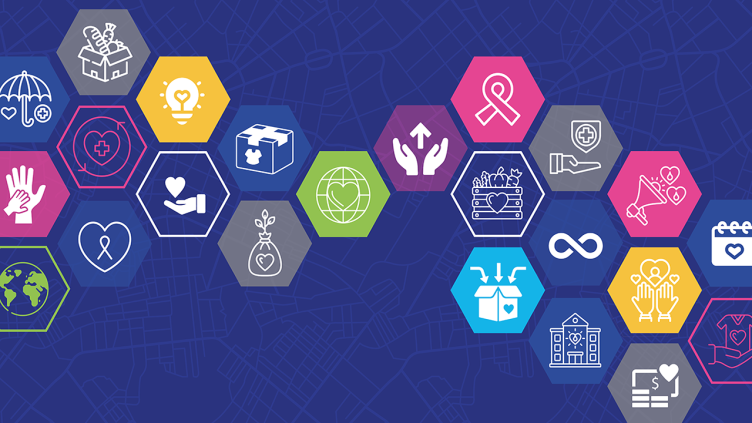
November 17, 2022
“Serena Williams.”
“Martin Luther King.”
“Dolly Parton.”
“Indira Gandhi.”
Growing up, we are often asked to write about our heroes and our idols. Kids continue the tradition of these writing exercises in school, and most of us still recall who we wrote or spoke about when we were in grade school ourselves.
Why do we idolize these people and remember their names? How did they enter an elite group of individuals who we admire and whose legacy we can only dream of resembling?
It’s not because of what they achieved in their careers. It’s not because they did any one thing that made them amazing. It’s because they made a conscious effort and choice to do good for others when they didn’t need to.
While we often associate philanthropy and fighting for social good with acts that only the rich and famous are responsible for and can achieve, it is more widespread. Even we “normal” humans can, should, and do it.
Do we have a social responsibility to do it? Should we do it to feel like we’ve joined the ranks of the elite group of rich and famous? Or is there some way that we can selfishly benefit from it, ourselves?
Giving back means getting more
It turns out that showing kindness towards others, lending a helping hand, being philanthropic with our resources—including our time—can make us happier and more productive. Win-win-win!
Doing good for others is powerful; it brings us comparatively more happiness than the effort we invested into doing good. In fact, it was Martin Luther King Jr who said, “The surest way to be happy is to seek happiness for others.” Sometimes, the acts are small—holding a door open for someone elderly or giving up a seat on the subway for an expecting mother-to-be. Other times, the acts are big—giving up a kidney to help save someone’s life or donating large sums of money to a shelter to help provide residents with food and warm clothes. While we do these things because it seems like the right thing to do, we are also recharging our inner batteries to be and do even better. And who doesn’t want to be the best version of themselves?
Giving our best selves
A few weeks ago, our team put our core value of Kindness and Candor into action. Each team member took a break from their work for an afternoon and volunteered at one of 2 organizations that are committed to doing good in our community: Yonge Street Mission and Global Medic. We recognize our privilege to be able to do this, committing resources to help those in our community do more with what little they may have. It was our way of practicing professional philanthropy with our time.
Beyond this, we strive to help improve the healthcare landscape in our daily business. Sure, it’s great to do great work, but we can achieve so much more when we are kind to our teammates, colleagues, clients, and ourselves. Sometimes, this means answering difficult and highly ambiguous questions that are important yet easier to shy away from.
Earlier this year, we kicked off our Project Giveback initiative, highlighting the important (and oft-forgotten) role that Personal Support Workers (PSWs) play in our lives. We brought to light the impact that the COVID-19 pandemic has had on them, both personally and professionally. While we can’t single-handedly improve the lives of all PSWs, we can start by bringing attention to their collective stories and publicly honor the value that PSWs have brought to the lives of so many people within our communities.
Chicken Soup for the (Business and the) Soul
What’s good for the soul is good for business. Research has uncovered that that workplace kindness and generosity, influencing happiness, has a direct impact on productivity. Employees with positive affect are more motivated to perform in their job, and will do so more quickly and efficiently.
At Throughline, we believe that we have a social responsibility to give back to our communities. We always choose to invest the extra effort when we believe we can positively influence the healthcare community. It’s why and how Throughline came to be!
However, we also have a responsibility to our people. It’s about the whole person experience, not just the employee experience. By being kind to and doing good for others—being professional philanthropists—our team feels happier than before. And it’s with a happy team who feels motivated that we can do great work with our client partners.
Are you a professional philanthropist? What has been the outcome of on your good deeds?
Titova, L., & Sheldon, K. M. (2021). Happiness comes from trying to make others feel good, rather than oneself. The Journal of Positive Psychology, 17(3), 341-355. https://doi.org/10.1080/17439760.2021.1897867
Bellet, C., De Neve, J. E., & Ward, G. (2019). Does Employee Happiness Have an Impact on Productivity? SSRN Electronic Journal. https://doi.org/10.2139/ssrn.3470734
For more posts like this, follow us on Linkedin
